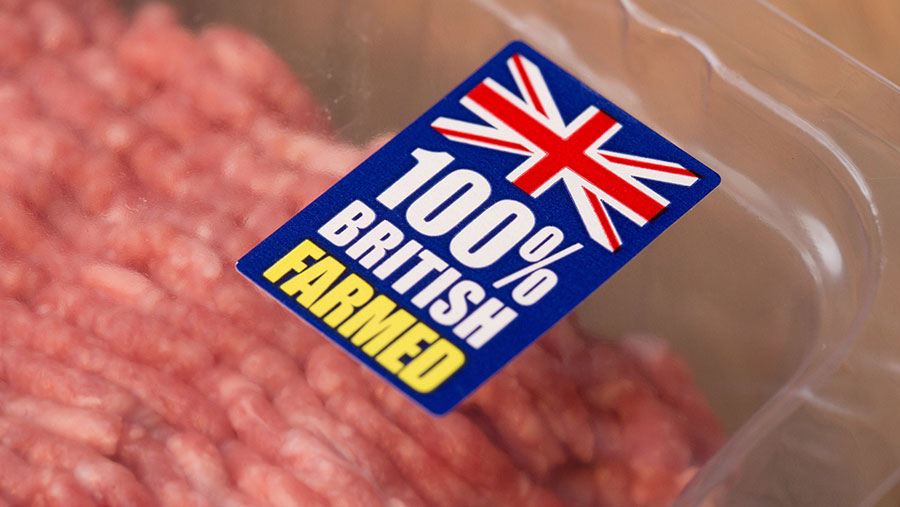
Ladies in beef promote british beef week - farmers weekly
- Select a language for the TTS:
- UK English Female
- UK English Male
- US English Female
- US English Male
- Australian Female
- Australian Male
- Language selected: (auto detect) - EN
Play all audios:

Members of Ladies in Beef (LIB) are the driving force behind a campaign to promote the value of British beef to the economy and to consumers as part of a balanced diet. Great British Beef
Week, which runs from 23 to 30 April, highlights the nutritious value of beef and the vital role livestock production plays in the management of the countryside. LIB established the annual
campaign eight years ago to tell the story of British Red Tractor farm-assured-quality beef. See also: How to set up rotational grazing on your beef farm This year’s campaign is focusing on
the advantages of thin cuts. Readily available at supermarkets, they are ideal for curries, stir fries and sandwiches. Ladies in Beef members (left to right) Rosie Jacobs, Judith Jacobs,
Anna Blumfield, Pam Jacobs, and Suzanne Clarke Jilly Greed, a LIB co-founder and beef farmer, said: “Thin cuts are a great way of shaking up midweek mealtimes. They’re robust in flavour and
you can cook them in minutes. “They’re lean and an underrated source of protein and iron, as well as eight essential vitamins and minerals.” INDUSTRY BACKING Fellow co-founder and NFU
president Minette Batters called on the British public to get behind the campaign by buying more assured British beef. “There has never been a more important time for us as farmers to be
actively engaged and reaching out to our consumers,” she said. Farming charity, the Royal Agricultural Benevolent Institution is also backing Great British Beef Week. Its CEO Paul Burrows
said: “If everyone bought just 10% more British food every week it would greatly transform British agriculture and farmers’ lives.” For more details on Great British Beef Week visit the
Ladies in Beef webpage or Twitter @LadiesinBeef1 (hashtag #GBBW) or Facebook @ladiesinbeef BEEF – THE NUTRITIONAL BENEFITS Beef is naturally rich in protein, low in sodium and provides eight
vitamins and minerals. It is rich in niacin, vitamin B6, vitamin B12 and zinc and is a source of riboflavin, iron, potassium and phosphorous.
